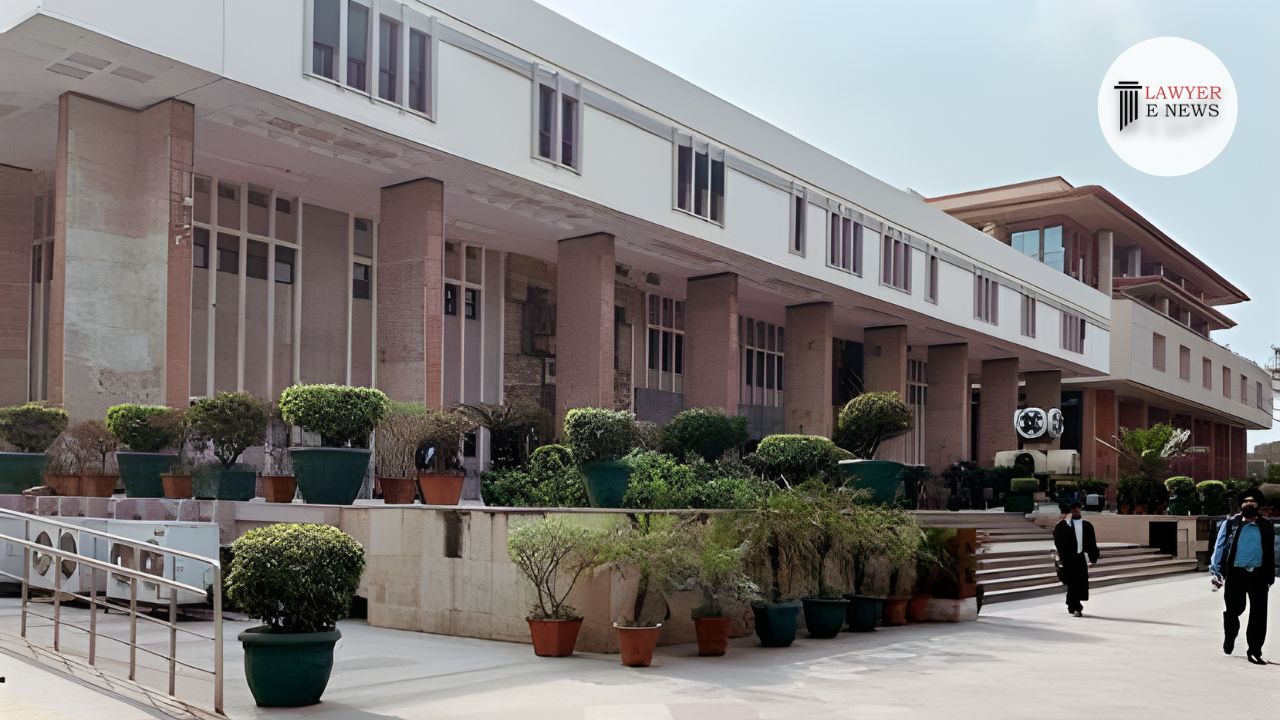-
by Admin
15 February 2026 5:35 AM



The Delhi High Court has dismissed the bail application of Bibhav Kumar, accused in a high-profile assault case involving serious charges under various sections of the Indian Penal Code (IPC). The court, led by Justice Anoop Kumar Mendiratta, highlighted the gravity of the allegations, potential tampering of evidence, and the influential position of the accused as key factors in its decision.
The case involves an alleged unprovoked assault on a sitting Member of Parliament by Bibhav Kumar, the Personal Secretary (PS) to the Chief Minister of Delhi. The incident purportedly took place on May 13, 2024, at the Chief Minister’s residence. The complainant, a high-profile MP, detailed a brutal attack involving physical assault and threats, leading to the registration of FIR No. 277/2024 under Sections 308, 341, 354B, 506, and 509 IPC. The complaint was lodged after a three-day delay, explained by the complainant as a result of trauma and fear of politicizing the incident.
The court noted serious concerns regarding evidence tampering by the petitioner. It was observed that Bibhav Kumar had formatted his mobile phone before it was seized by the police, indicating potential destruction of evidence. Additionally, only selective CCTV footage was handed over by the petitioner’s office, raising suspicions of evidence suppression. “The deliberate formatting of the mobile phone and selective sharing of CCTV footage highlight attempts to conceal crucial evidence,” the court remarked.
Addressing the delay in the FIR registration, the court found the explanation provided by the complainant credible, given her traumatized state post-assault. The court asserted that the complainant’s status and the lack of any discernible motive for false implication reinforced the credibility of the allegations. “The complainant’s immediate call to emergency services and subsequent efforts to report the incident indicate the genuineness of her claims,” noted Justice Mendiratta.
The court also discussed the pending investigation into a report by Deepak Dikshit, an Assistant Section Officer at the Chief Minister’s residence, regarding the complainant’s unauthorized entry. The report was not initially part of the police investigation, which the court found questionable. Justice Mendiratta emphasized the necessity of immediate police reporting in case of such security breaches, stating, “Any serious security breach should have been promptly reported to the police rather than just forwarded to senior officers.”
The court considered the petitioner’s prior criminal history and the threats allegedly made to the complainant. Bibhav Kumar was previously involved in a case under Section 353 IPC, and his current threats further solidified the court’s decision to deny bail. “The petitioner’s history and the nature of the threats pose a significant risk to the complainant and witnesses,” the judgment highlighted.
In rejecting the bail application, the court referred to key legal precedents that guide bail considerations, including the prima facie evidence of the offense, the severity of the allegations, and the potential influence on witnesses. The judgment reiterated that bail should not be granted if there is a reasonable apprehension of justice being thwarted.
Justice Mendiratta stated, “The nature and gravity of the accusation, coupled with the petitioner’s influential position, necessitate the denial of bail to prevent any tampering with evidence and influence on witnesses.”
The Delhi High Court’s decision to deny bail in this high-profile case underscores the judiciary’s commitment to a thorough and unbiased investigation. By emphasizing the seriousness of the allegations and the importance of protecting evidence and witnesses, the judgment sets a significant precedent for handling similar cases in the future. This ruling serves as a critical reminder of the judiciary’s role in upholding justice, particularly in cases involving influential individuals and serious criminal charges.
Date of Decision: July 12, 2024
Bibhav Kumar v. State of NCT of Delhi
